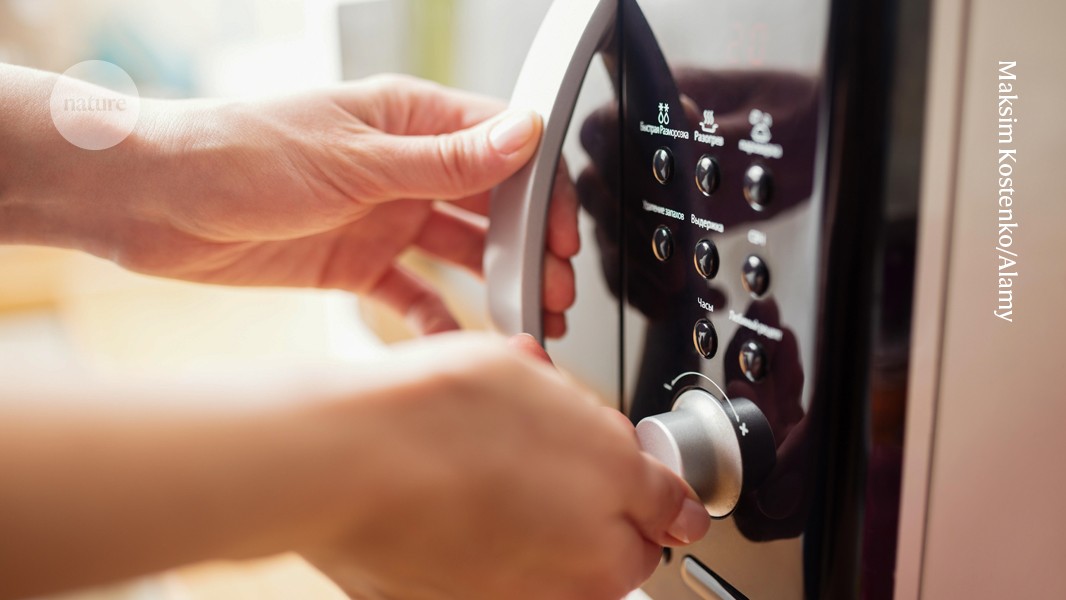From the article:
But for the general public, the implications of the study are simpler. “A microwave is not a pure, pristine place,” Porcar says. It’s also not a pathogenic reservoir to be feared, he says. But he does recommend cleaning your kitchen microwave often — just as often as you would scrub your kitchen surfaces to eliminate potential bacteria.



Touch the inside walls of your microwave after you heat something up. They don’t get all that hot.
The walls of the microwave don’t contain water. The bacteria do. Microwave ovens work by vibrating water molecules, creating friction and heat. If bacteria are on the oven walls, they should be exploding from the microwaves.
Since the metal wall is conductive, the standing wave pattern inside a typical microwave oven has a magnitude that goes to zero at the conductor surface. The heating power also goes to zero at the wall serface. Additionally, anything in thermal contact with the metal wall will remain close to the temperature of the wall even if there is a heat flux. Bacteria may well be cooked on the carousel plate, but there will be regions within the cooking cavity where bacteria will not experience high enough temperatures for sanitization.
Check out this page and note how the heating profile is vanishingly small around the perimiter. https://www.highfrequencyelectronics.com/index.php?option=com_content&view=article&id=2153:smoothing-electric-fields-in-microwave-ovens&catid=178&Itemid=189
PS: friction is not an applicable term to describe how microwaves rotating dipoles produces heat.
That’s a super cool link. Thanks for sharing!